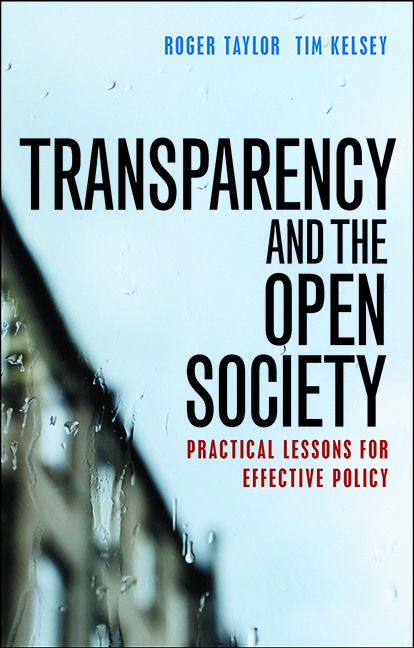Foreword
Published online by Cambridge University Press: 05 April 2022
Summary
While clean water from the City of Zanesville, Ohio's water pipes reached white residents throughout Muskingum County during the last fifty years, residents of Coal Run, the predominantly African-American area of Zanesville, were only able to use contaminated rainwater or drive to the nearest water tower to truck water back to their homes. A resident could spend the whole morning trying to get water, meanwhile he could see his white neighbor sprinkling his lawn. “It became clear if you were white and living outside Zanesville you would get water,” said a lawyer representing the black residents, “but if you were black, you wouldn’t.”
After years of legal battles, the residents won an $11 million dollar verdict against the city. A key piece of evidence used in Kennedy v The City of Zanesville was a map derived from open government data from the water company. The map showed which houses were connected to the water line and who lived in them. It revealed significant correlation between the houses occupied by the white residents of Zanesville and the houses hooked up to the city water line.
Making the city's data available for public scrutiny laid bare the inequitable treatment of which the government of Zanesville was guilty and enabled this important public discrimination lawsuit to be brought to court. Seeing the gross injustice and unfairness in the city's decision making with regard to the allocation of water resources created the potential for change.
Zanesville is emblematic of the path-breaking theory of transparency laid out in Transparency and the open society. Transparency does not matter because of some theoretical notion that the legal right to information in and of itself will produce better government. What Roger and Tim powerfully prove is that access to data and the algorithms used by governments and corporations to make decisions about us reveals the rationale (or absence thereof) underlying important societal choices, such as who does and who does not get water or a liver transplant or a bus route in front of their house.
This is the first book to put forward a new and convincing explanation of transparency in the era of open and big data when more information about the workings of institutions is available than ever before along with the technologies to make sense of it.
- Type
- Chapter
- Information
- Transparency and the Open SocietyPractical Lessons for Effective Policy, pp. xii - xviPublisher: Bristol University PressPrint publication year: 2016



